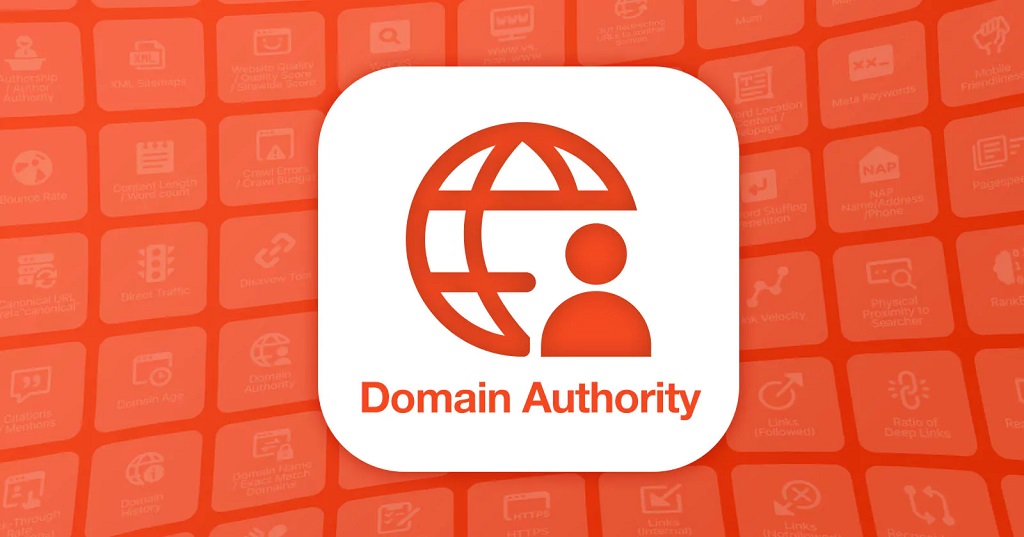
28 Aug Exploring the Key Factors That Impact Domain Authority
As a content marketer, it’s crucial to understand domain authority and its impact on search engine rankings. While it’s an important metric, it shouldn’t be the only factor considered when improving your website’s ranking.
Monitoring DA scores over time is important because there will always be room for improvement. SEO work will never stop, and your competitors are also working to improve their DA scores.
Page Loading Speed
How to increase domain authority? Page loading speed is one of the most important factors when determining domain authority. This metric measures the time it takes for a web page to load completely from a user’s perspective. Depending on the user’s browser, device, and Internet connection, it can take longer for some pages to load than others.
Several factors influence the load time of websites, including size and number of assets, server performance, and browser type. Website owners can optimize these factors to improve their page loading speed. They can also use PageSpeed Insights to analyze and track their progress. Getting your site’s load time under 2.5 seconds is a good goal but challenging with significant investment.
Improving page load time is crucial for both SEO and increasing conversions. Research reveals that if a website takes more than three seconds to load, 40% of users will leave. This can negatively impact businesses that rely on online sales and lead generation.
On-Page Optimization
Domain authority is an important metric to monitor, but it shouldn’t be the only determining factor in search engine rankings. Several other factors must be considered to achieve a high SERP rank, including on-page optimization and keyword research. It’s crucial to remember that Google considers over 200 factors when ranking websites. Therefore, it’s important to have a comprehensive SEO strategy that covers on-page optimization, keyword research, and link building.
Did you know the Domain Authority metric can show how likely a website will rank well on search engine result pages (SERPs)? It considers the competition and tends to favor websites with higher DA scores. But it’s important to gain a good understanding of how this metric works before relying on it.
On-page optimization is one of content marketers’ most critical best practices, as it can impact user experience and search engine rankings. Taking the time to optimize your website will help you boost your DA and improve your search engine rankings. This includes ensuring that your content is informative and useful for your target audience and avoiding grammatical errors.
It is also important to remember that a site’s DA is determined by its comparison to the competition, so a website can increase its DA without improving its ranking. The metric aims to predict search engine results by examining various factors.
Backlinks
Domain authority is an important factor when it comes to determining SEO ranking. It is also known as the “strength of a website’s links.” However, not all backlinks are created equal. According to Moz, a high DA score requires quality links from trustworthy sources. Ideally, these links should come from authoritative websites within your industry. To achieve this, you can submit guest posts to other websites in your industry.
It is also important to note that a domain’s DA can fluctuate over time. This is because of changes in the algorithm that determines search engine rankings. As a result, it is essential to keep track of the fluctuations and improve your site regularly.
A strong DA score also depends on the number of new backlinks your site receives. According to Semrush, a popular SEO tool, a single quality backlink is worth over 1,000 low-quality links. This is because backlinks from authoritative websites are more valuable than low-authority sites. In addition, you should ensure that the backlinks you acquire are relevant to your topic. For example, a link from a fashion blog is more valuable than one from a site that sells vintage pencil sharpeners. This is because backlinks from relevant sites are more likely to boost your DA score. However, it is worth noting that some backlinks may negatively affect your DA score.
Social Media
Domain authority is a metric that predicts how well a website will rank in search engine results pages (SERPs). It’s important to understand domain authority, especially for business owners who want to improve online visibility. According to SEO experts, a high domain authority score means a greater ability to rank for keywords and get more traffic from search engines.
Many tools are available to check a site’s domain authority, including Moz’s free tool, Link Explorer. Another popular tool offers a variety of reports, such as unique backlinks, root domains, and keyword ranking. You can also find out the DA of competitor websites using these tools.
Social media is a group of Internet-based applications that allow users to communicate and share information in real-time. These platforms include blogs, microblogs, wikis, social networking sites, instant messaging, video-sharing sites, podcasts, and virtual worlds. These platforms allow businesses to engage with their audience and build brand awareness.
Although social media doesn’t directly impact search engine rankings, it can still significantly increase your domain authority by driving more traffic to your website. Furthermore, it is imperative to maintain a strong and influential presence on social media to enhance your visibility and cement your reputation as an authority in your field. Therefore, creating and maintaining a social media profile is crucial for any successful SEO strategy.


No Comments